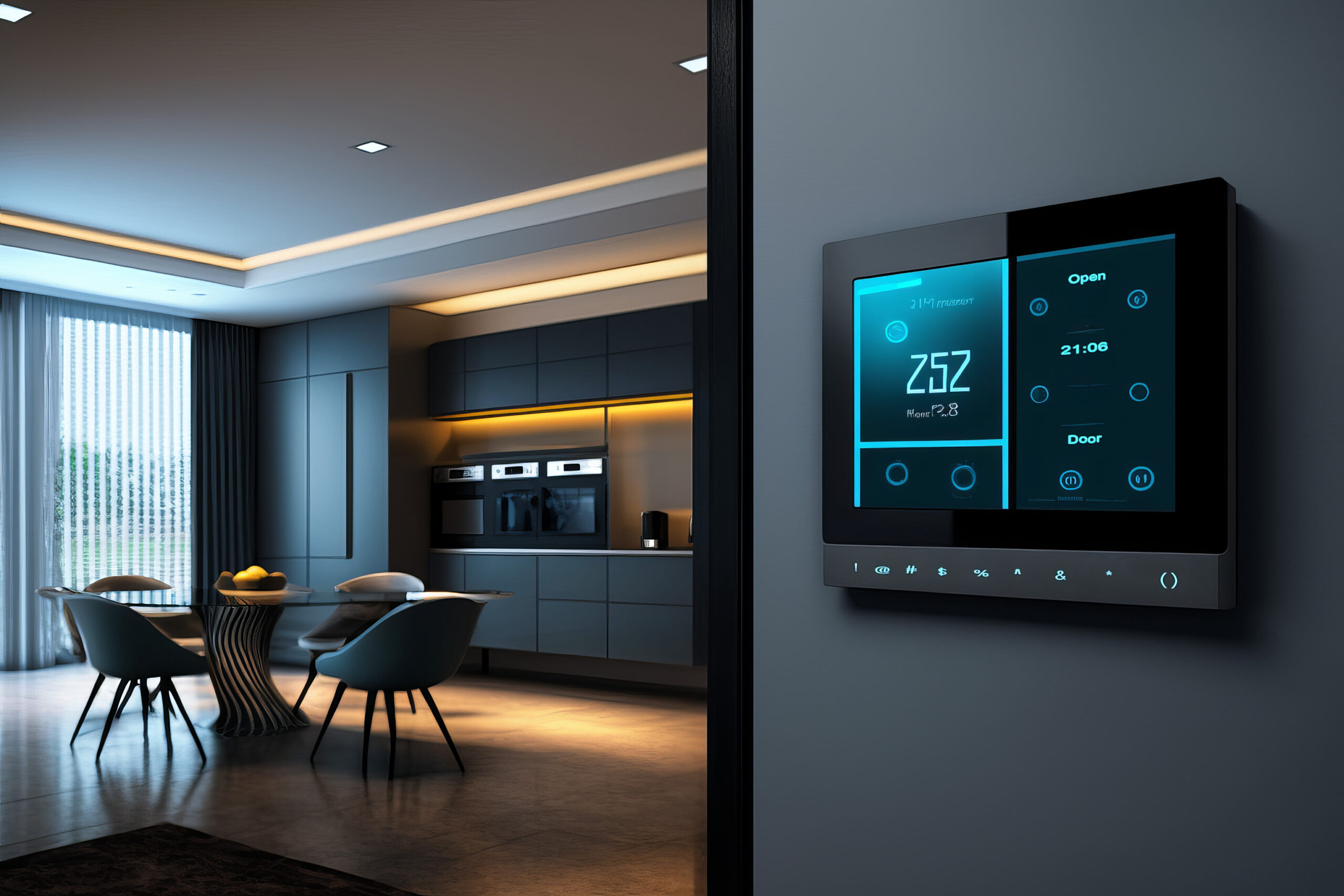
Table of Content
When a senior loved one begins to show signs of dementia or severe cognitive decline, finding the best possible care becomes a priority. Memory care facilities are specialized communities designed to provide a safe and supportive environment for individuals with memory-related conditions. Knowing how to choose the right facility can feel overwhelming, but this guide will help you understand the key factors to consider.
Understand Your Loved One’s Needs
The first step in choosing a memory care facility is to assess your loved one’s specific needs. Memory-related conditions like Alzheimer’s disease or other types of dementia can differ vastly between individuals, so having a clear understanding of your loved one’s daily requirements is critical. Consider the following areas:
- Level of care required – Some individuals need help with daily activities such as grooming or eating, while others may need extensive medical support.
- Behavioral needs – If your loved one has episodes of confusion or wandering, look for facilities equipped to handle such behaviors.
- Specialized therapies – Research whether facilities offer therapies like music or art therapy, which can be beneficial for individuals with dementia.
Understanding your loved one’s current and future needs will help you narrow down your options significantly.
Many seniors prefer aging in place over moving to assisted living facilities. If your senior loved one needs assistance to remain safe and comfortable while living at home, reach out to Assisting Hands Home Care, a leading Pearland home care agency. Our dedicated in-home caregivers can assist with meal prep, bathing and grooming, exercise, medication reminders, and many other important tasks.
Evaluate the Facility’s Staff Expertise
A key aspect of a good memory care facility is the expertise and compassion of its staff. When visiting or researching facilities, take time to understand the qualifications of the staff and the staff-to-resident ratio. Here are some questions to consider:
- Are staff members trained in dementia care and behavioral management?
- How often do staff undergo training or certifications in memory care?
- What is the staff-to-resident ratio, especially during overnight hours?
- Are nurses or medical professionals available on-site 24/7?
Observing interactions between staff and residents will also give you insights into whether the environment is caring and supportive.
Pay Close Attention to Safety Measures
Safety is a top priority when choosing a memory care facility, as residents with memory loss may wander or unintentionally put themselves in harm’s way. Facilities should be equipped with features that enhance safety while promoting residents’ autonomy. When evaluating safety measures, consider these factors:
- Wandering protection – Look for secure entrances, exits, and outdoor spaces that are enclosed.
- Emergency procedures – Does the facility have clear protocols for emergencies, such as fires or medical issues?
- Technology – Some facilities use advanced monitoring systems, such as wearable devices or security cameras, to ensure residents’ safety.
- Accessibility – Walkways and bathrooms should be accessible for individuals with mobility challenges to minimize the risk of falls.
Thoroughly reviewing the facility’s commitment to safety will give you peace of mind.
Explore Activities and Programs
Engagement in meaningful activities can enhance quality of life for residents in memory care facilities. The best facilities provide structured daily programs tailored to the needs of individuals with memory loss. When considering a facility, ask about their activities and programming:
- Do they offer activities like music therapy, art classes, group exercises, or gardening?
- Are programs designed to promote cognitive stimulation?
- Are residents encouraged to engage in social interactions with peers?
- How are individual interests and hobbies taken into account?
Facilities that prioritize engagement and enrichment foster a more positive environment for their residents.
In-home care can be a wonderful alternative to assisted living or memory care facilities. Families looking for top-rated senior home care providers can reach out to Assisting Hands Home Care. From respite care to specialized Alzheimer’s, dementia, stroke, and Parkinson’s care, there are many ways we can make life easier for seniors and their loved ones.
Review Costs and Financial Options
Memory care can be costly, so understanding the financial aspects is an integral part of the decision-making process. Take the time to understand what’s included in the facility’s fees as well as any additional costs. Key considerations include:
- What is the monthly cost, and what services are covered in the base fee?
- Are there extra charges for specialized care, therapies, or medications?
- Does the facility accept long-term care insurance, Medicare, or Medicaid?
- Are there payment plans or financial assistance options?
Being clear on what you’re paying for up front ensures no surprises later and helps you plan for long-term affordability.
A highly trained in-home caregiver with experience in caring for seniors with dementia can be a fantastic resource for family members. There are a variety of reasons to consider professional dementia care. Pearland dementia caregivers are available 24/7 to help seniors maintain better cognitive health, and they can also assist with various tasks like medication reminders, transportation to medical appointments, and nutritious meal preparation. If you need professional home care for your loved one, our Care Managers are just a phone call away. Reach out to Assisting Hands Home Care today.







